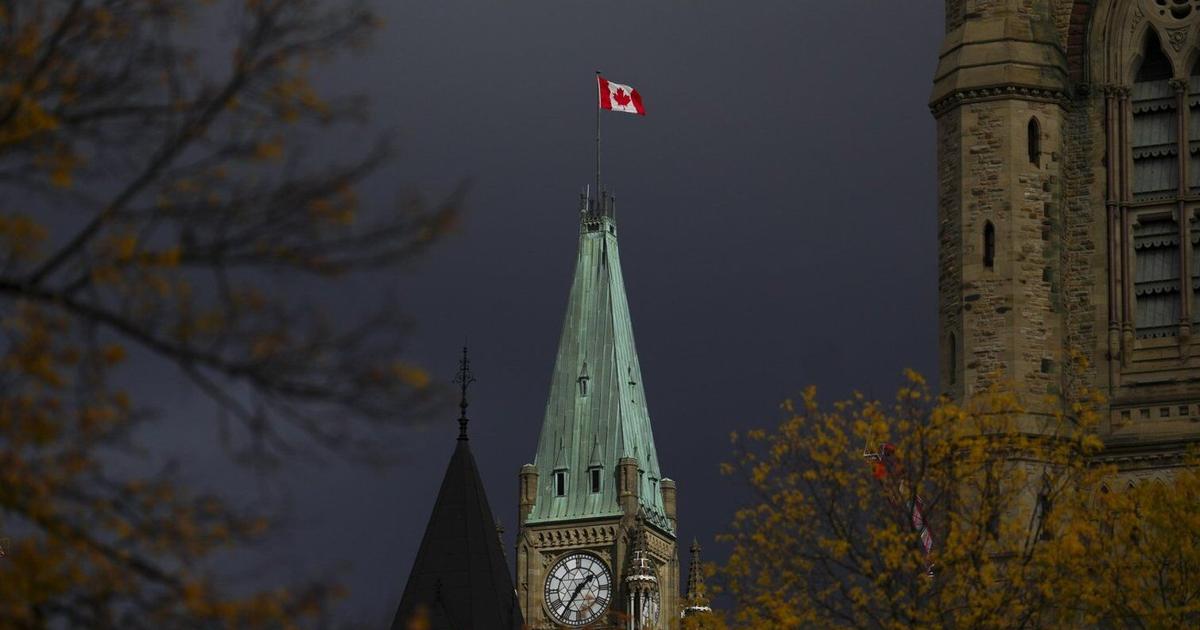REGINA – Saskatchewan’s new child-care deal is to see Ottawa spend $1.6 billion over five years to support $10-a-day care, a move early learning educators say brings stability to the sector.
The province and Ottawa signed the deal Friday after Premier Scott Moe announced earlier this week it was coming.
Buckley Belanger, secretary of state for rural development, said at a news conference the funding promise includes an annual three per cent increase to help ensure the agreement is sustainable over its duration.
“There are a few issues that we’re trying to solve as we head down this path of funding,” said Belanger, who is Saskatchewan’s only Liberal MP in Prime Minister Mark Carney’s government.
“We’ve got a good partner in the province.”
Some child-care operators in Saskatchewan have said they want a deal that provides emergency funding to help keep their businesses open, as inflationary pressures have made it difficult to stay afloat.
They have also raised concerns about long wait-lists for parents and caregivers who want to benefit from the program.
Ashley Barclay, the executive director of the Saskatchewan Early Childhood Association, said she hopes the province will address operators’ funding concerns.
“I do think that the sector will really benefit from the stability that this offers,” she said.
“We’re happy to be able to work with the (Education Ministry) to collaborate and continue on their work plan.”
Cara Steiner, the executive director for Prairie Lily Early Learning Centre in Regina, said she hopes the funding is flexible.
“Some of the costs have really risen out of our control,” she said.
Along with more money, the deal comes with new rules.
It will allow children who turn six while still in care to be eligible for $10-a-day care for the remainder of their school year.
For-profit operators can also now take part in the program and receive government money.
Sue Delanoy, a spokesperson for advocacy group Child Care Now, said she’s concerned about allowing for-profit spaces.
She argued for-profits could cut corners to keep costs low, creating safety issues for children. She cited an E. coli outbreak at several Calgary daycares in 2023 that saw hundreds fall ill.
“What people need to recognize is child care isn’t a profit-making endeavour. It’s early learning. It’s like you don’t want your school to make a profit,” Delanoy said. “But from what I’m hearing today, there’s some (other) great things to celebrate (in this deal).”
Education Minister Everett Hindley said details will be worked out on which for-profit daycares can qualify for funding.
“A very small portion of the sector would be for-profit,” he said. “I think that would be, by and large, smaller operators and smaller communities that would be probably interested in that.”
Hindley said the new money aims to create new spaces, but the province has not set a target number.
He said the funding is meant to be flexible so the province can provide dollars to needed areas.
“We didn’t have that opportunity (under the former deal),” he said.
”(Now) we can actually focus some of those dollars towards other areas so we can … make sure that child care-centres are in more of a level playing field.”
Hindley has been accused of waiting too long to sign a deal with Ottawa, which caused some operators to feel anxious about the future of the program.
He had argued he took his time to get the strongest deal for the province.
“I think it’s the best deal we were able to get,” he said.
This report by The Canadian Press was first published Nov. 28, 2025.



